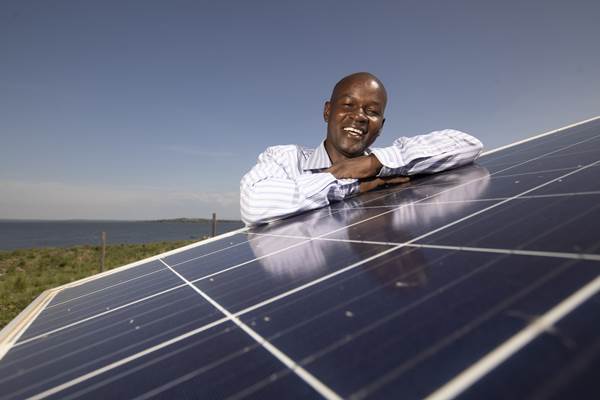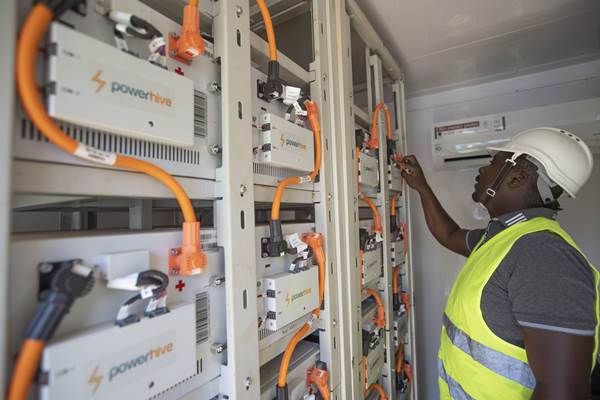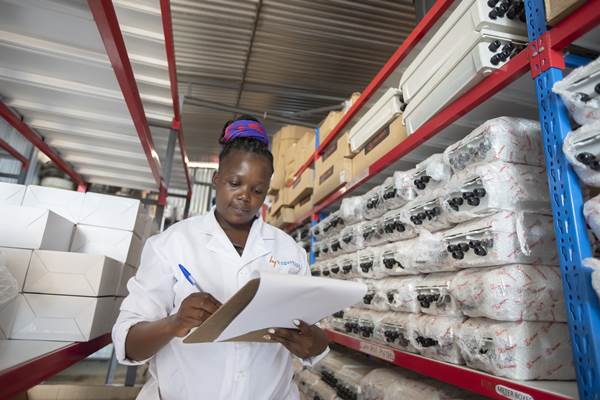
Grants
Following a Call for Proposal and a thorough selection process, the GMG Facility Kenya may provide financial support in the form of grants to encourage private operators to build and operate mini-grids in Kenya that extend access to electricity to households and other consumers in underserved areas. Two types of grants have been used:
- Investment Grants: Investment Grants assist developers to cover part of the capital expenditure costs of establishing a mini-grid, including power generation, distribution network, and connections. These grants are disbursed when specific milestones of the project implementation are met as indicated in the grant agreement and verified by an independent agent
- Output-Based Grants: Output-Based Grants are disbursed on a per-connection basis. The amount of the grant per connection may vary from project to project depending on the choice of technology, level of service, approved end-user tariff, and local conditions of the site among many others.
Technical Assistance
The GMG Facility Kenya can provide assistance to selected developers on the basis of eligible green mini-grid project proposals. Technical assistance can also be provided to support the development of a viable and sustainable mini-grid sector in Kenya. Different types of technical support described below.
- Technical and Engineering Support: GMG Facility can call upon a pool of experts to provide technical and engineering support for instance in assistance in carrying out demand assessments, feasibility studies, engineering design of power generation, distribution, connection and metering.
- Business and Financial Planning Support: The GMG Facility Kenya provides business and financial planning support, such as developing business plans, financial models, corporate structuring, financial management procedures and pre-finance advice.
- Legal and Compliance Support: The GMG Facility Kenya provides legal and compliance support. Support is provided towards negotiating with the central government, county government and regulators’ requirements including accessing permits, licenses, approvals and no-objections. Additionally, the GMG Facility Kenya advocates for clear and consistent policy and regulatory framework to support the development of the private sector.
- Environmental Support: Kenyan law requires that mini-grid projects, regardless of their size, obtain approval of the National Environment Management Authority (NEMA) through a licensing process that includes Environmental and Social Impact Assessments.
- Social Impact Support: The GMG Facility Kenya also provides social impact assessments for the sector and GMG Facility Kenya Recipients. Support may include social inclusion and gender mainstreaming in design, development and management of mini-grids. In addition, the impact on communities regarding the integration of productive use of electricity, and the benefits in providing electrification to social establishments such as schools and clinics is assessed. Community engagement models for mini-grid management and the impact on livelihood and community development is also considered.
- Sector Technical Assistance: This may cover support to Government of Kenya and also industry bodies to strengthen the enabling environment for mini-grids in the country through the development of clear regulations and guidelines for the sector as well as stimulating productive use of electricity resulting in socio-economic development of the communities served by the mini-grids.



